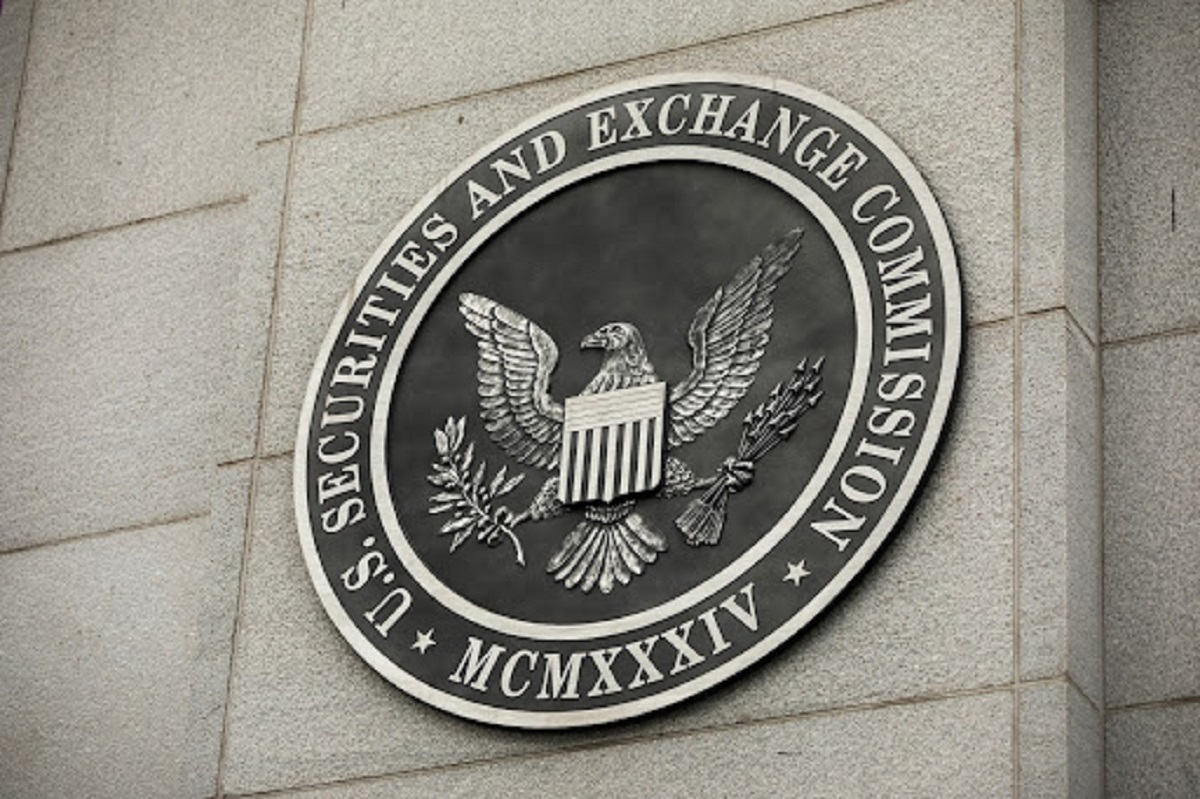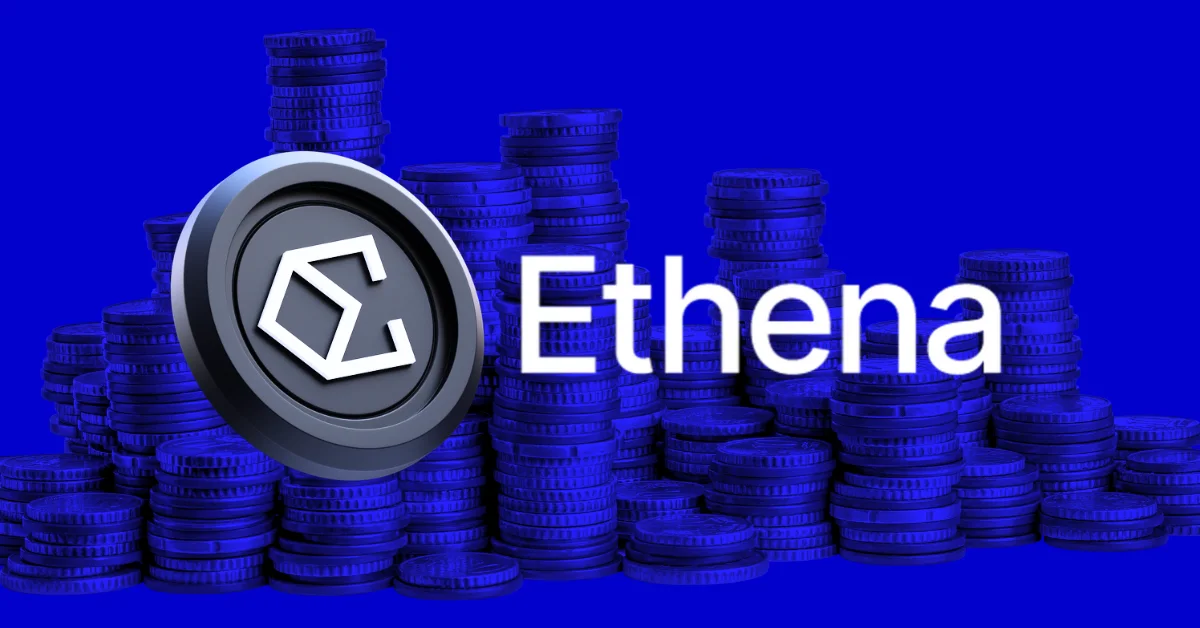In a groundbreaking development that could blow the minds of DeFi investors, a new bill proposed in the US Senate suggests that DeFi protocols could soon face regulations similar to those imposed on traditional banking institutions. This raises the question: Is regulatory oversight of the crypto sector, particularly DeFi, becoming inevitable?
DeFi Protocols Need To Follow AML Laws
The U.S. Senate is gearing up for another attempt at regulating the cryptocurrency sector with a fresh bill that proposes rigorous anti-money laundering (AML) regulations for decentralized finance (DeFi) protocols. The proposed legislation, known as the Crypto-Asset National Security Enhancement Act of 2023, mandates DeFi platforms to implement controls akin to those used by traditional banking institutions on their users.
The purpose of the bill is to tackle the increase in criminal activities enabled by cryptocurrencies. It also aims to eliminate potential loopholes that could be used to evade crucial measures against money laundering and sanctions, which are vital for national security.
The proposed legislation mandates that any individual or entity “controlling” a DeFi protocol must implement anti-money laundering programs and comply with know-your-customer (KYC) policies. These controllers would also be accountable for reporting any suspicious activities and ensuring that the protocol is not being used by anyone subject to sanctions.
In cases where a clear controller of the protocol cannot be identified, the bill stipulates that any party investing over $25 million in the protocol’s development would be held liable.
The proposed bill suggests that “virtual currency kiosks,” including bitcoin ATMs, should be legally obligated to comply with KYC regulations under federal law.
The legislation stipulates that operators of these machines must, at the very least, verify and document the consumer’s name and physical address. This process should involve reviewing an official document that confirms the consumer’s nationality or residence and includes a photograph of the consumer.
Is It Really Possible To Regulate DeFi?
DeFi protocols, financial applications enabling crypto wallet holders to borrow, lend, and trade cryptocurrencies via smart contracts, are challenging to regulate due to their operation on permissionless blockchains, unlike centralized companies like Coinbase.
The proposed bill aims to navigate these challenges by imposing requirements on anyone ‘controlling’ a DeFi protocol or providing an application to use the protocol. This likely refers to entities that create user-friendly interfaces for complex smart contracts, similar to Uniswap Labs’ role for Ethereum’s leading decentralized exchange.
However, critics of the bill argue that such regulations could stifle innovation in the DeFi space. They believe that the decentralized nature of DeFi, which is one of its main attractions, could be undermined by such regulations.
Furthermore, they argue that the application of traditional banking regulations to DeFi could be impractical due to the fundamental differences between the two.
Credit: Source link






.jpg)








































